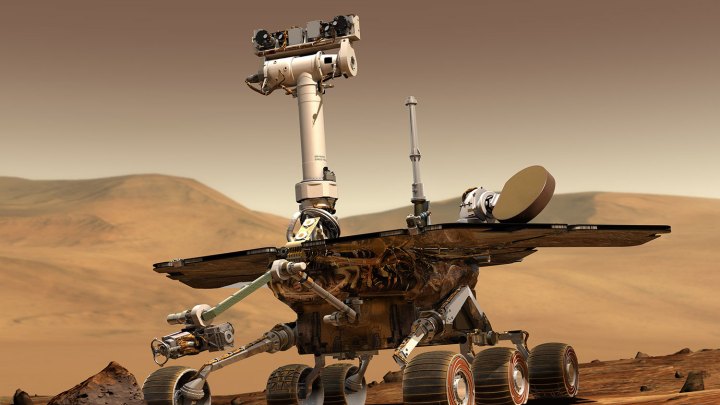
A new study by a team of radiation oncologists and neurobiologists from the University of California, Irvine, and the Eastern Virginia Medical School paint a potentially troubling picture for astronauts hoping to make the trip to Mars. Working with adult male Wistar rats, the team discovered that long-term exposure to cosmic radiation affected the ability of the rodents to perform basic tasks, such as distinguishing between a familiar object and a newly introduced object.
These behavioral and cognitive issues were linked to physical changes in the brain, including the modification of the neurons and a breakdown in the integrity of the synapses that control the transfer of neurotransmitters between the neurons.
Not only were these effects seen in the presence of cosmic radiation, but they also persisted for more than six months after the radiation exposure was over. Laboratory examination of the irradiated rats showed both a decrease in synaptic integrity and an increase neuronal in inflammation which influenced both learning and memory.
These long-term changes appeared to be permanent with no observed attempt by the body to repair or regenerate the damaged brain components. This negative effect on the brain was most pronounced at acute levels of cosmic radiation exposure but was also recorded at low dosages. In these low-dose trials, the cognitive effects of radiation, though less severe, still were detectable at both 12 weeks and 24 weeks after the initial exposure.
So what does this mean for potential Martian astronauts? A lot. Even though the study uses a rat model, the scientists conducting the research believe a human brain would respond in the same negative way as the rat brains in the study. “The most logical conclusion to draw from these studies is that cosmic radiation exposure poses a real and potentially detrimental neurocognitive risk for prolonged deep space travel,” write the researchers in an article recently published in Nature.
Though the results are concerning, they should not put an end to the Mars missions, argues University of California Neurobiologist Charles Limoli. “This is not a deal-breaker,” said Limoli to Popular Science. “I do not think that during a trip to Mars and back the astronauts will come back with anything remotely similar to full-blown Alzheimer’s.
But more mild changes, more subtle changes — they would still be concerning, given the level of autonomy astronauts operate under and the amount of work they have to do.” Due to the seriousness of the effect, NASA and other agencies planning for a journey to Mars may have to develop creative ways of protecting astronauts from cosmic radiation, either through the use of cutting-edge shielding or by administering a drug cocktail that reverses these negative effects on the brain.


